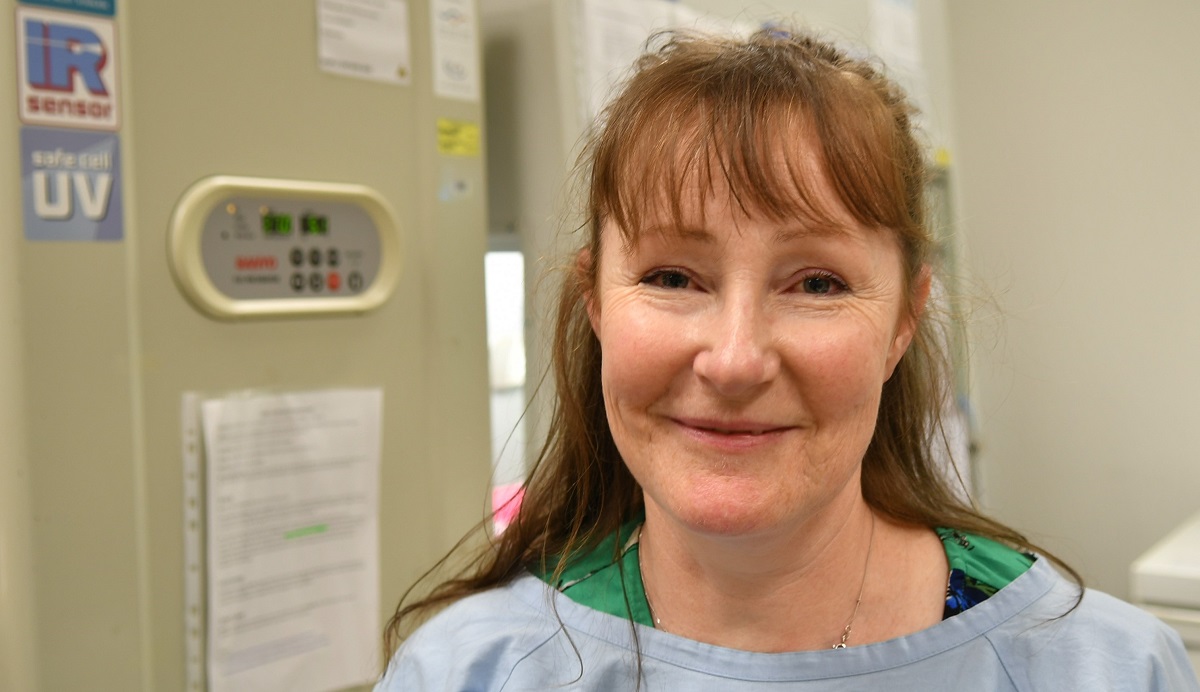
In the lead-up to Rare Diseases Day - on Sunday February 28 – Associate Professor Kim Hemsley's studies into childhood dementia are helping to unlock answers that can assist treatment of these largely unheralded conditions.
Associate Professor Hemsley leads the Childhood Dementia Research Group, within the Flinders Health and Medical Research Institute (FHMRI) at Flinders University, which is a team of medical researchers whose goal is to identify and test treatments for childhood-onset dementia.
Around the world, 700,000 children and young people are living with childhood dementia.
"People are surprised and very saddened when I tell them that unfortunately yes, children get dementia too. It's typically something associated with aging," says Associate Professor Hemsley.
Due to the limited awareness of childhood dementia, she is using the attention focused on Rare Diseases Day as an opportunity to spread the word and help gain wider public attention for rare disorders and work being undertaken by the Childhood Dementia Research Group.
"Rare Diseases Day is an important international campaign that aims to raise awareness of what it means to be rare," says Associate Professor Hemsley. "There are more than 300 million people worldwide living with a rare disease. Through doing research into more than 6000 rare diseases, the global medical fraternity works towards more equitable access to diagnosis, treatment, care and social opportunity."
Childhood dementia is among the most surprising rare diseases in the minds of the general public. There are more than 70 different genetic causes of dementia in children and according to a recent study by the Childhood Dementia Initiative there are 2300 Australian children living with this condition at present. Sadder still is the fact that less than 5% of the disorders have a treatment and most children never reach adulthood.
"The aim of our work is to develop treatments in the lab and see them move into the clinic so that these children and their families can have a normal life.






